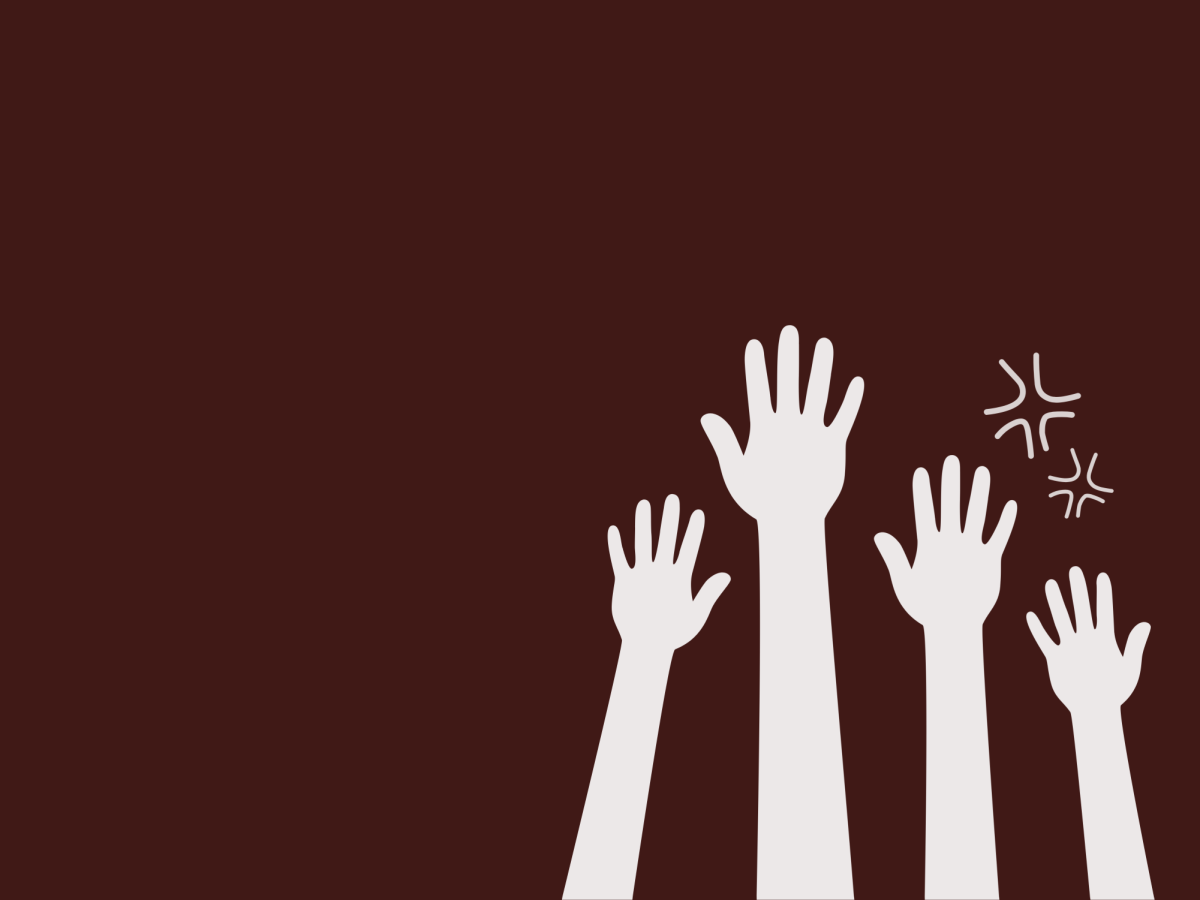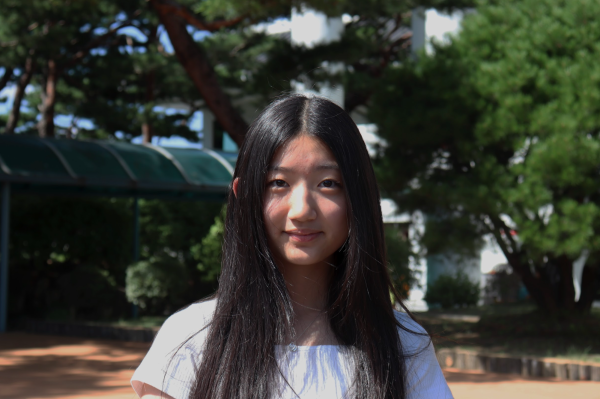When working towards practically anything at SIS, whether it be an executive position in a club or an academic excellence award at the end of the year, students find themselves amidst intense competition with their peers. It is commonplace for students to realize that the position they have been working toward for years is also sought after by numerous other talented, hardworking classmates, leaving them feeling as though they must always distinguish themselves from the crowd.
This constant, relentless comparison can undoubtedly be exhausting. Rooted in the common desire to gain acceptance to a top-tier university, this competitive feeling never seems to fade. Feeling as though one must always keep up with their peers, especially in an environment such as SIS where students are often secretive about their current and future plans, can take a toll on one’s mental health.
In addition to well-known negative mental effects, such as increased anxiety, due to high workload or competition, this competitive nature may even lead to imposter syndrome, in which students believe they are not enough despite evidence pointing to the contrary.
Despite this, I argue that the competitive nature of SIS may be more positive than negative for the students due to the character growth that can result from their hard work.
Although these positive effects may be difficult to see amidst the stress and anxiety that students are currently surrounded by, the competitive nature of SIS pushes students to not only work hard but also push the limits of their ability. For instance, seeing a classmate achieve an accomplishment is likely to motivate one to work extremely hard to succeed in such an endeavor as well. Competition is a motivating factor in working toward self-improvement and academic achievement.
This competitive environment can become overwhelming at times, but I still strongly believe that occasionally stressful competition is more effective than very little to no competition in preparing students for college admissions and the career market. Especially at this age, high school students are likely to be influenced by their environment, so surrounding themselves with peers constantly working toward success will motivate them to do the same. As this will develop hard work, determination, and resilience, students will be more prepared for life after high school.
While the harmful effects of competition are largely short-term, the effects of surrounding oneself with very little competition or peers can exert more severe and long-term negative influence, particularly as teenagers are often easily influenced by peers.
Thus, competition steers students toward a productive and safe path as they feel motivated to work just as hard or even harder than their fellow students. By seeing the prevalent competitive nature of SIS as a motivating factor that pushes students to be their best, most hardworking selves, the short-term negative effects such as stress and envy seem largely insignificant. Students must embrace this competition to grow their character and develop resilience in hard work, allowing them to be more prepared for the difficulties of post-graduation.
Students, please keep in mind that competition, though exhausting at times, is ultimately an extremely effective source of motivation, contributing to the resilience that is necessary for long-term success.


